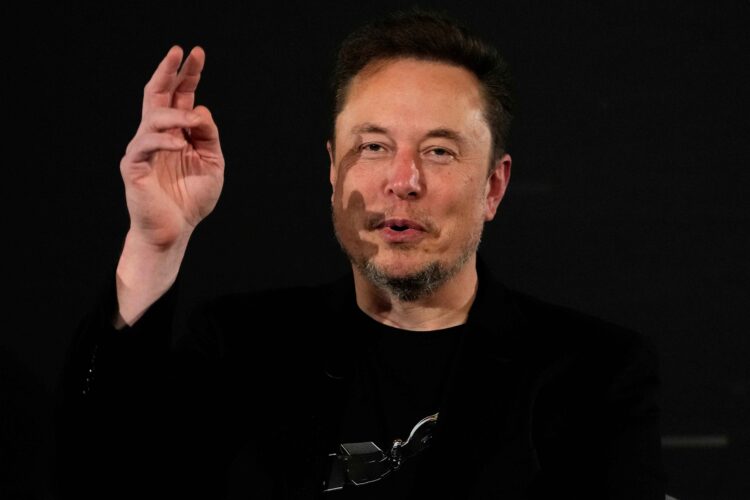On Monday night, Elon Musk announced that the first human patient of the Neuralink brain chip can now control a computer mouse with their thoughts.
“Progress is good, and the patient seems to have made a full recovery, with no ill effects that we are aware of. Patient is able to move a mouse around the screen by just thinking,” the Neuralink owner reportedly said in an X Space. He said Neuralink is attempting to test “as many button presses as possible from thinking” with this first patient.
Neuralink is a self-described “brain-computer interface” technology developer started by Elon Musk in July 2016. While the company bills itself as a medical research firm to help disabled people navigate their environments, Musk has said his ultimate goal is to combine the human brain with the latest advancements in technology in order for mankind to remain competitive with machines. Musk has also said the chips will treat autism, depression, schizophrenia, and even obesity.
Learn the benefits of becoming a Valuetainment Member and subscribe today!
As Valuetainment previously reported, the first human being received an N1 Neuralink implant on January 28th, inserted by a robot designed by the company. The robot lays down some 1,000 electrodes across 64 neuron-detecting threads—so fine that they cannot be manipulated by human hands—using its five cameras and a needle operated in linear motion. The chips inside the N1 detect and process neural signals which it then delivers to a software system that makes sense of the data and transforms it into commands for the electronic devices (like computers and phones) it is in communication with.
Musk has already announced the first Neuralink product, “Telepathy,” which will allow humans to control a phone or computer just by thinking. This is evidently the next step for the company, now that they have proven they can allow humans to control computer extensions.
The Food and Drug Administration (FDA) approved the human implant procedure in May. While the patient of this first trial has not been identified, Neuralink had said in September that it was recruiting people who suffer from quadriplegia due to cervical spinal cord injury as well as amyotrophic lateral sclerosis (ALS).
The Neuralink chips will require several more rounds of regulatory examinations before the FDA approves them to be sold commercially.
Neuralink was valued at $5 billion last year but has received fines from the US Department of Transportation for its handling of hazardous materials, and many critics want the company to undergo more safety investigations from various federal agencies.
 Shane Devine is a writer covering politics, economics, and culture for Valuetainment. Follow Shane on X (Twitter).
Shane Devine is a writer covering politics, economics, and culture for Valuetainment. Follow Shane on X (Twitter).


















Add comment